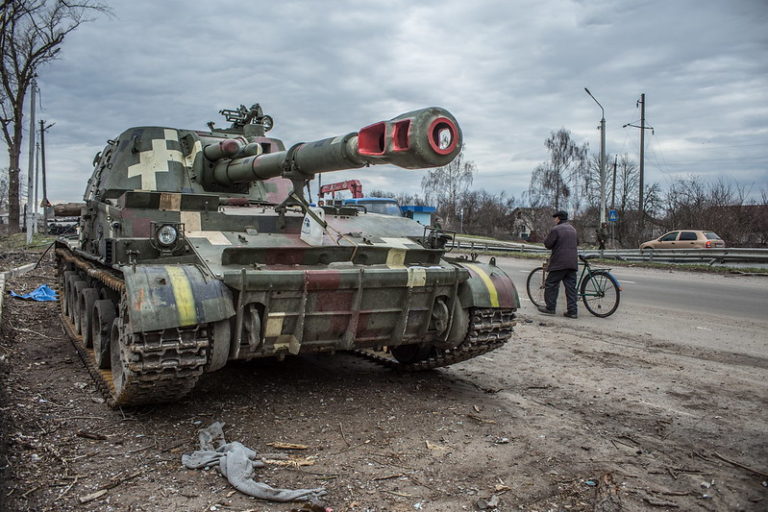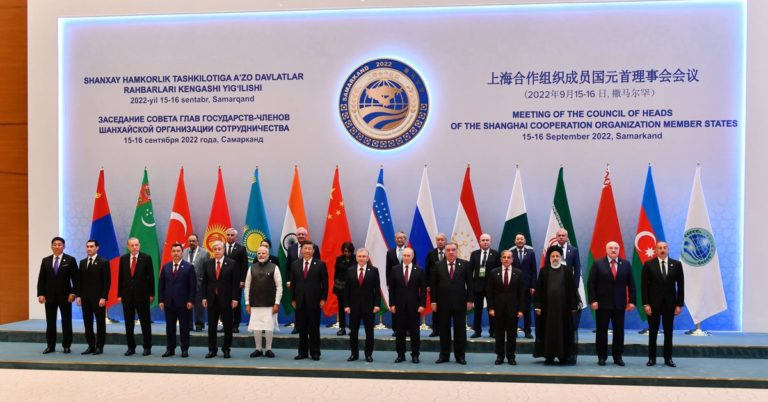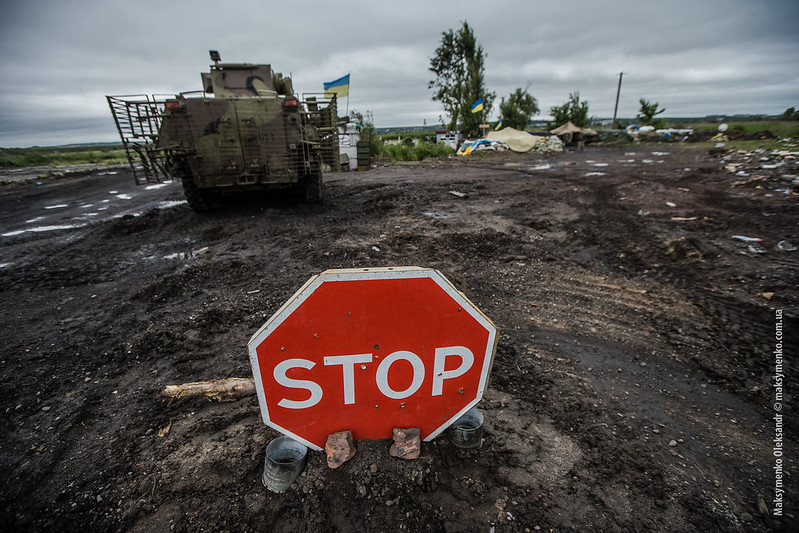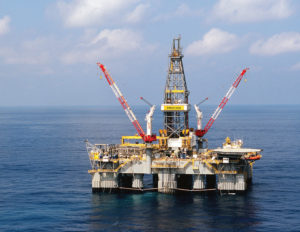Letter from La Vigie, 6 March 2024
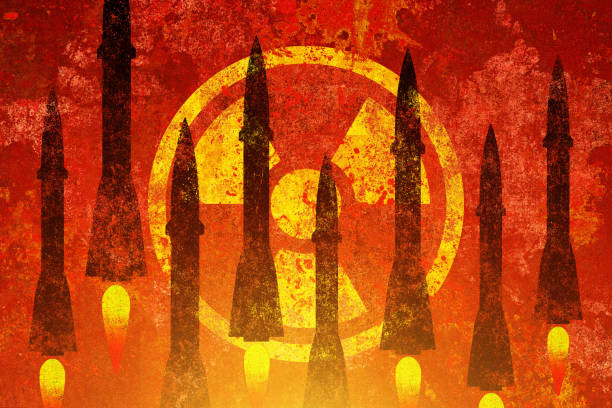
European deterrence
Candidate Trump’s recent comments that American protection in NATO was conditional on a European defence effort have reignited the debate on European deterrence. In the event of a strategic default by the US with regard to its European allies, could the French nuclear force take over to protect EU countries? LV takes a detailed look at this sensitive issue at a time of particularly aggressive pressure from Russia.
To read the article, click here
Economic sovereignty
The return to favour of the term sovereignty should not conceal the difficulties it implies: is one sovereign in an area when one does not control all its constituent elements? Does the State have the means to defend the companies it intends to keep sovereign? Can sovereignty ignore the management of companies and their legal form? At a time when the world has changed profoundly, a new understanding of the term sovereignty is needed.
To read the article, click here
Lorgnette: Elections in Iran
The Iranian elections took place last Friday and were marked by a record abstention rate (41%), even though the conservatives officially won. To conquer without peril is to triumph without glory. This hostility reflects the country’s disappointment with the results of those in power: aspirations for greater freedom have followed one another with yet another uprising (LV 202) last September after the death of Mahsa Amini, who did not respect the headscarf, an uprising that was once again put down in bloodshed. But economic difficulties are also having an impact (50% inflation).
By appointing the Assembly of Experts, the election is also paving the way for the succession of the “Leader”, Ali Khamenei, who is 88 years old. By locking society down to such an extent, the regime is showing a degree of internal feverishness, despite the fact that its diplomacy is gaining ground, succeeding in renewing relations with Saudi Arabia and avoiding confrontation with Israel while at the same time embodying the camp of refusal. Relations with Russia and China have been strengthened.
So Iran is waiting for the American elections (betting on Trump) and the succession of the Leader. Heaven can wait. So can the Iranian people.
JOVPN
Subscribers: click directly on the links to read online or download the pdf issue (here), always with your login/password. New readers: read the article by issue, by clicking on each article (€2.5), or subscribe (discovery subscription €17, annual subscription €70, orga. subscription €300 excl. tax): here, the different options.
Photo credit: Mammut chez Pixabay (here)

